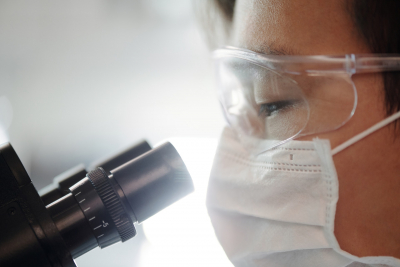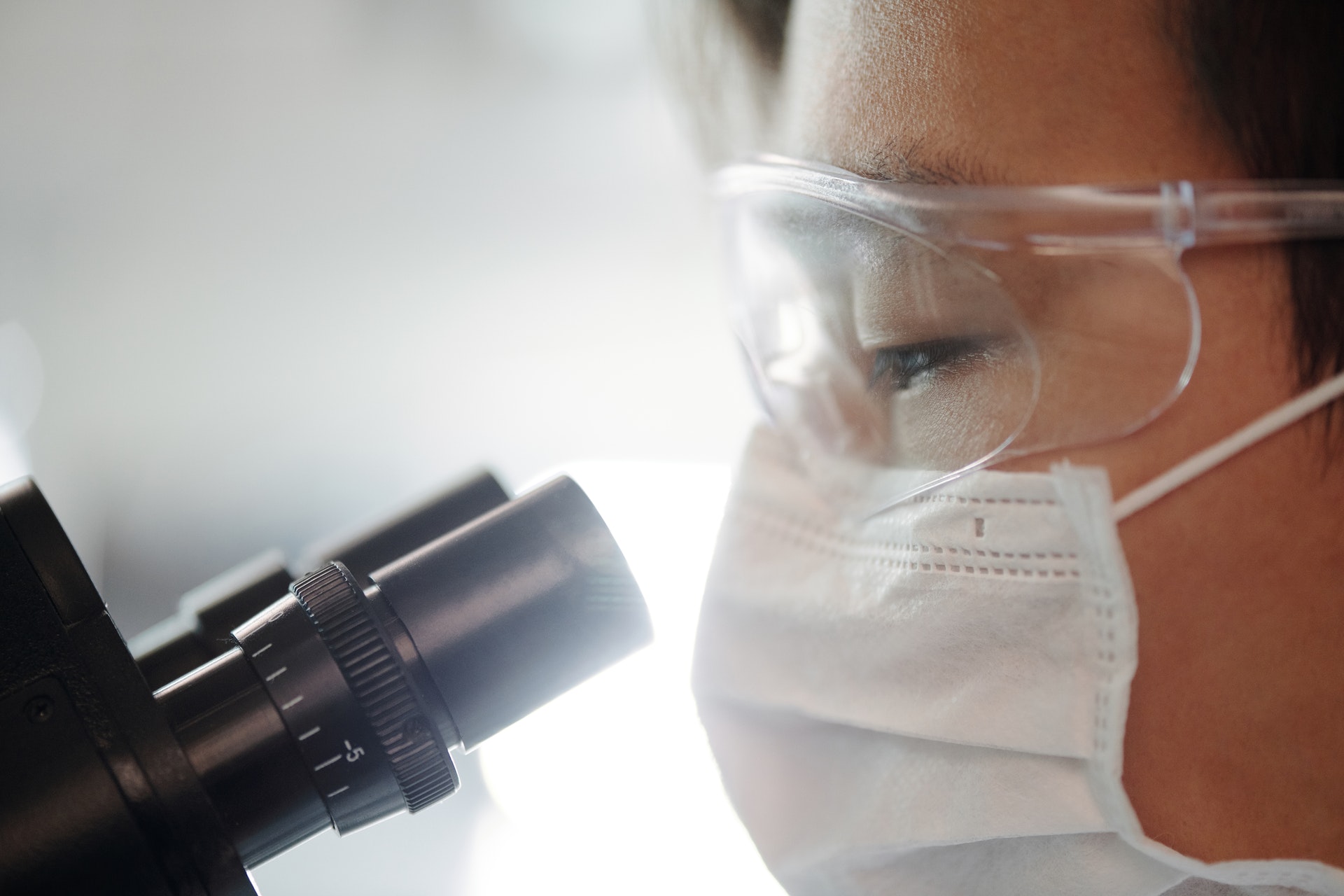


The unprecedented scope and scale of research during the COVID-19 pandemic has been of great importance in understanding the genetic structure, pathophysiology and epidemiology of the virus, as well as improving public health preparedness and responsiveness. Such knowledge has provided evidence to develop novel interventions. However, whilst there have been major advances in knowledge, it is apparent that not all COVID-19 research has been of a high enough quality to meaningfully inform understanding and action.
In the communiqué ‘Strengthening research on COVID-19 during the pandemic’, the InterAcademy Partnership (IAP) urges the scientific community to learn from research inadequacies and failures, particularly those pertaining to unproven interventions with consequences for medical practice and the research record.
"Research in relation to COVID-19 and vaccination continues to be important since the disease will not disappear - it is important to continue to do excellent research even if, with vaccination under way, COVID-19 will be much better controlled," explains Volker ter Meulen, IAP Special Advisor.
There has been widespread use of interventions based on inadequate evidence, often used at large scale and attributable in some cases to vested commercial or political interests. In addition to generating concerns for patient safety, pursuing unvalidated approaches delays or prevents adequate evaluation in well-controlled studies and may also prevent patients from getting treatments that have more proven value.
During the COVID-19 pandemic, highlights the new IAP communiqué, there have been significant failures associated with the clarity of the research question, poor quality study design and conduct, and in the review, reporting and use of outputs. Poor quality research wastes resources, increases risks to patients, and can distort decision-making and public perceptions.
The list below (check the communiqé for further details) includes examples of approaches where there is no convincing evidence for effectiveness from adequately powered trials and of those where the evidence is currently inadequate:
Systematic review of the clinical literature on COVID-19 found that the research methodology was very poor – including problems of inadequate powering, inadequate attention to patient-important outcomes and poor reporting.
Pooling data from the Solidarity trial with other randomised controlled trials showed that, at best, there was only a small effect on deaths in hospitalised patients.
Clinical data from several trials were judged to be contradictory or inconclusive and most of the study reports lacked information or exhibited significant methodological limitations.
Whether or not convalescent plasma is useful for COVID-19 is still under investigation. However, the Recovery trial has now closed recruitment to the convalescent plasma arm and the independent Data Monitoring Committee saw no convincing evidence that would provide conclusive proof of worthwhile mortality benefit.
While the early claims are premature and risk undermining confidence in regenerative medicine approaches, it remains the case that well-designed initial experimental medicine studies can form a starting point for larger, collaborative trials designed to evaluate efficacy
IAP has previously published general guidance aimed at ensuring responsible science and reproducibility of biomedical research (‘Responsible conduct in the global research enterprise’ and ‘Improving the reproducibility of biomedical research: a call for action’).
These previous IAP reports are highly relevant to COVID-19 studies. In addition to reaffirming these general precepts, learning from research failures must address the requirements for requisite skills, testable hypothesis, robust study design, rigorous ethical review and research governance and avoidance of premature publication. Reforming publication practices has wider implications for researcher accountability, measurement of research success, and reward systems. Furthermore, training of all individuals carrying out research needs to be strengthened.
In seeking to raise awareness of the challenges, IAP reaffirms its guidance for ensuring responsible and reproducible research and the need now to build on the examples of good COVID-19 research practice worldwide. Strengthening COVID-19 collaborative research can also capitalise on opportunities to involve the public, particularly representatives of vulnerable groups, as participants and in co-designing research; to share patient data (using best practices for privacy) for research worldwide; and to increase the proportion of studies on treatments for early-stage disease and their delivery in the community setting. There is also urgent need to strengthen research in ways that are responsive to rapidly emerging concerns.
About the InterAcademy Partnership
Under the umbrella of the InterAcademy Partnership (IAP), more than 140 national, regional and global member academies work together to support the vital role of science in seeking evidence-based solutions to the world’s most challenging problems. In particular, IAP harnesses the expertise of the world’s scientific, medical and engineering leaders to advance sound policies, improve public health, promote excellence in science education and achieve other critical development goals.
IAP’s four regional networks - AASSA, EASAC, IANAS, and NASAC - are responsible for managing and implementing many IAP-funded projects and help make IAP’s work relevant around the world. See www.interacademies.org and follow IAP on Twitter, LinkedIn and YouTube.

